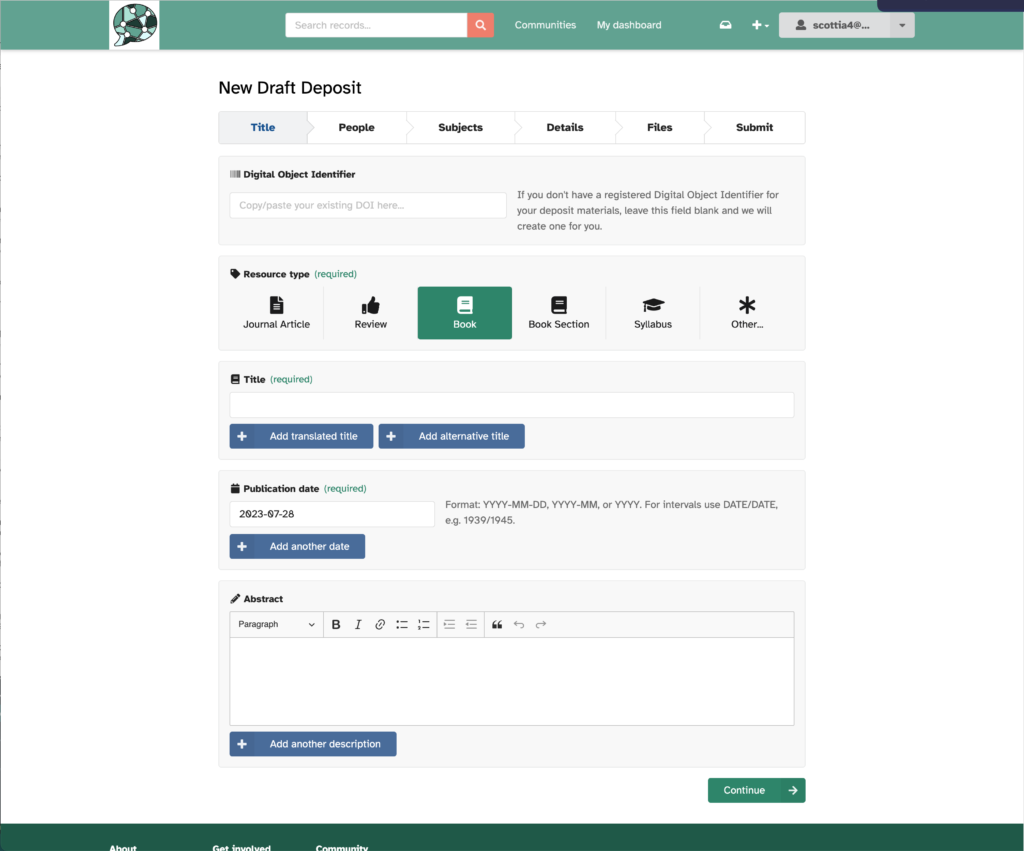In the first half of the year, our focus has been on improving our backend infrastructure and building strong foundations for future development. As we move into the second half of 2023, we will continue to improve our backend but you should start to see more user-facing improvements as a result of that work.
Later this year we will be launching an updated version of the site with a refreshed look, a modern default theme, and a more robust (containerized) backend. We had originally planned to release these improvements piecemeal, but decided to hold some of our work back for a more significant site update in the fall so that we could ensure we have solid testing and support in place for the release. Before then, we will be rolling out smaller improvements at a steady rate.
Recent Developments
WordPress 6.2 Released
We updated the Commons to WordPress 6.2 this month. Improvements to WordPress 6.2 include a more streamlined site editor, distraction-free writing mode, and the ability to easily add custom CSS to your pages—something that I personally had been missing from the classic WordPress experience.


You can read about all of the changes with WordPress 6.2 on their release announcement.
Mastodon Updates
Dimitris, our infrastructure developer, is responsible for maintaining our Mastodon instance, hcommons.social. This month he updated us to Hometown 1.1.1, which is up-to-date with Mastodon 4.0.6. Hometown is a fork (customization) of Mastodon that allows for local-only posting and longer posts, among other features.
Dimitris has also been working to improve Mastodon’s performance and resource use. Because of its decentralized nature, Mastodon’s resource demands can increase significantly even for modestly-growing instances like ours. This has been a continual challenge for us as we have limited resources, and Dimitris has been doing a great job finding ways to optimize our instance and keeping things running smoothly.
On the Horizon
User Self-Service Dashboard
Users have long requested more power to manage your own accounts on the Commons without having to email support for assistance. And of course our support staff has long desired to have fewer routine maintenance requests! In conjunction with Spherical Cow Group, the developers of COmanage, our user management application, we have been working on a “User Self-Service Dashboard” to give you that ability.

The Dashboard will launch with the ability to mange your email addresses, add or update your password, add an organizational membership, and add an additional login method. For some requests, like deleting your account or changing your username, support intervention is still required for now as these require complex changes to the database.
We are still working out a few kinks with the Dashboard but expect it to launch in August.
In Progress
Next-Generation Repository
Work continues on our next-generation repository, based on Invenio RDM. Ian Scott, our Python developer, has been concentrating on the deposit form this month. Our priorities for the deposit form are to make it as simple as possible for users while supporting a wide variety of deposit types, from traditional journal articles to video presentations. The form adapts to your deposit type in order to collect the supplementary data relevant to it. Ian has also been working hard to ensure that the form is fully accessible for screen readers and keyboard navigation.

We have divided the deposit form into several pages, so that each step of the process is clear to users. The form is working really smoothly now and we’re moving into the first phase of (internal) user testing.
CommonsConnect

CommonsConnect is our next-generation network backend. This is the application that will allow for the Commons to transform from a single WordPress site into a decentralized network of sites connected through the ActivityPub protocol. This decentralized network will also be able to connect to the wider Fediverse, which includes Mastodon and many other social networking applications.
I have been working on the first phase of this project—creating an administration interface for user and account management. The next phase of the project will be to create a public API for Commons profiles, that will allow external services to access your public profile data. We hope that this public API will make your Commons profile not just an online CV, but a central hub for your scholarly identity.
Until Next Time
This has been a look at some of our ongoing projects. There are many others on the go, including the Art History Disciplinary Home pilot project, transitioning to MailChimp for user communication and onboarding, and updating our Identity Management infrastructure. More on those as they develop.
Until then, thank you for reading! Any an all feedback is appreciated, either here or on hcommons.social, our Mastodon server.
